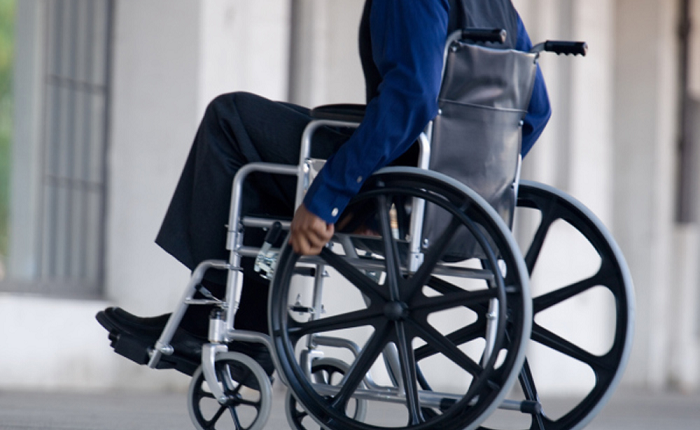
PWDs unhappy about implementation of inclusive education
A coalition of non-governmental organisations has bemoaned the low commitment of the government to the implementation of the national inclusive education policy. The policy, which came into force last year, is to create an equal environment for all children, including those with special needs and disabilities.
Advertisement
It is also to establish infrastructure as well as provide adequate tools that will enhance the learning abilities of these children.
Policy on paper
However, the coalition, made up of Kekeli Foundation, Horizon Foundation of the blind and Lake Side Disability Rights Advocacy Initiative, had observed that the policy only appeared on paper without much commitment to implement it effectively.
According to the Project Coordinator of Kekeli Foundation, Mr Bradford Kwashie Tay, a baseline survey conducted by the group revealed that most children with disabilities were mostly not accepted in mainstream schools, especially in the Volta Region.
The reason, he said, was because they did not have facilities to support such students, making teaching and learning difficult for them.
No budgetary allocation for inclusive education
“The challenge was the budget allocation for inclusive education. Most of the institutions, especially the Ghana Education Service (GES), have not got budget line for inclusive education. Rather we saw that the budgetary allocation went to the segregated schools. That is why school authorities in the mainstream are not accepting children with disabilities, especially those with developmental disabilities,” he stated.
Mr Tay expressed these sentiments during a meeting with selected key stakeholders, including the media, to design a media plan and strategy to advance the course of advocacy concerning inclusive education, specifically in the Volta Region.
PWDs not accepted in mainstream schools
He said it was important for those children would feel to be accepted in schools within their communities and not sent to faraway segregated schools as by that arrrangement such children would feel a sense of belongingness and not feel discriminated against and also have a platform to learn from others.
“Just imagine children with intellectual disabilities being in one classroom. Who will they learn from? They cannot learn from anybody, they are all having the same challenge,” he indicated.
He said it was important for the government to pay particular attention to the inclusive education policy and let it work effectively for such children to also succeed in life.
“If people with disabilities are not trained, how will they be employed?” he asked.
Poverty, he said, had become a vicious cycle among PWDs because “poverty begets poverty”.
NGOs urged to create strong bond with media
The head of Media Caucus on Disability, Mr Dasmani Issifu Laary, in a presentation on how to develop a media strategy, stated that the media was a great tool that could serve as a voice for PWDs to advocate their rights.
He advised that NGOs involved in disability issues should create a strong bond between them and the media and also offer training sessions for practitioners to enlighten them on their issues for a well-informed reportage that would cause duty bearers to address their challenges.




